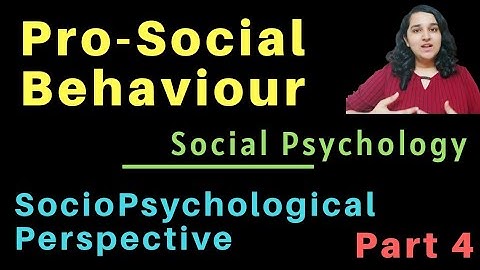Notes This preview shows page 4 - 7 out of 14 pages. Communication apprehension: Undue tension and anxiety about oral communication, written communication, or both.Cross-culture communicationCultural barriers: semantics; word connotations; tone differences; differences among perceptions. We have textbook solutions for you! The document you are viewing contains questions related to this textbook. The Legal Environment Today Cross/Miller Expert Verified Cultural guide: assume differences until similarity is proven; emphasize description rather than interpretation or evaluation; practice empathy; treat your interpretations as a working hypothesis.Communication barriers and cultural context High-context cultures: cultures that rely heavily on nonverbal and subtle situational cues to communication.Low-context cultures: cultures that rely heavily on words to convey meaning in communication.Listening: The other side of communicationFallacies (??): Listening is not my problemListening and hearing are the same thingGood readers are good listenersSmart people are better listenersListening improves with ageListening skills are difficult to learnBad Habits:Thinking about what to say rather than listening to the speakerTalking when we should be listeningInterruptingPreoccupation with other thingsPrejudice toward the speaker or subjectTendency to stereotypeOur own self-centerednessNot paying attentionCommunication Barriers between men and womenMen talk to: Emphasize status, power, and independence.Complain that women talk on and on.Offer solutionsTo boast about their accomplishments. Women talk to:Establish connection and intimacy.Criticize men for not listening.Speak of problems to promote closeness.Express regret and restore balance to a conversation.The keys to effective listeningKeys to Effective ListeningThe Bad ListenerThe Good ListenerCapitalize on fact thought isfaster than speechTends to daydream with slowspeakerStays with the speaker,mentally summarizes thespeaker, weighs evidence, andlistens between the linesListen for ideasListens for factsListens for central or overallideas or themesFind an area of interestTunes out dry speakers orsubjectsListens for any usefulinformationJudge content, not deliveryTunes out if delivery is poor;e.g., dry monotoneJudges content; skips overdelivery errorsHold your fireGets too emotional or workedup by something said by thespeaker and enters into anargumentWithholds judgment untilcomprehension is complete;control emotional buttonsWork at listeningDoes not expend energy onlistening; fakes attentionGives the speaker fullattention; becomes whole bodylistener; reflects back what isheardResist distractionsIs easily distractedFights distractions andconcentrates on the speakerHear what is saidShuts our or deniesunfavorable informationKeeps an open mind; listens toboth favorable and Upload your study docs or become a Course Hero member to access this document Upload your study docs or become a Course Hero member to access this document End of preview. Want to read all 14 pages? Upload your study docs or become a Course Hero member to access this document Tags Corporate social responsibility, representative, branch of Philosophy We have textbook solutions for you!The document you are viewing contains questions related to this textbook.  The document you are viewing contains questions related to this textbook. The Legal Environment Today Cross/Miller Expert Verified |

zusammenhängende Posts
Werbung
NEUESTEN NACHRICHTEN
Werbung
Populer
Werbung

Urheberrechte © © 2024 decemle Inc.















